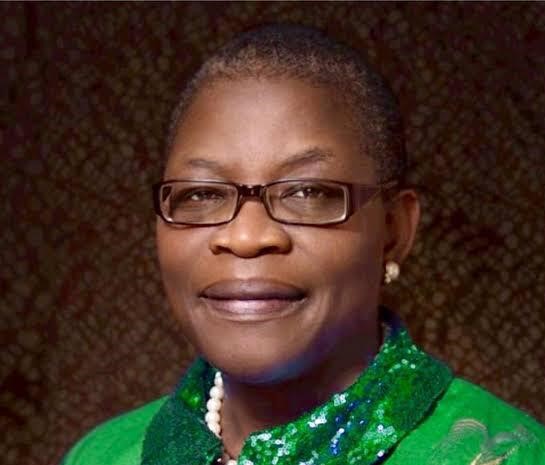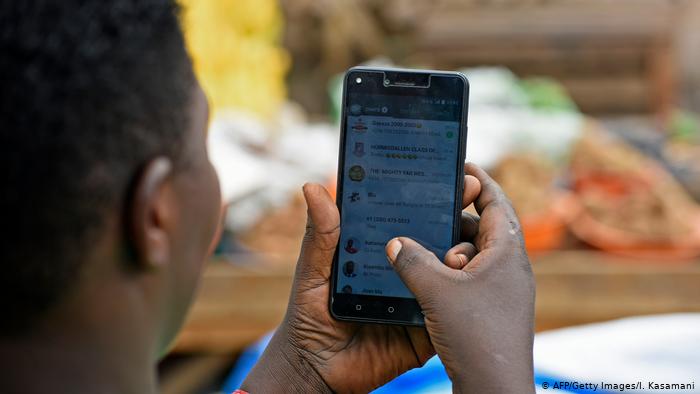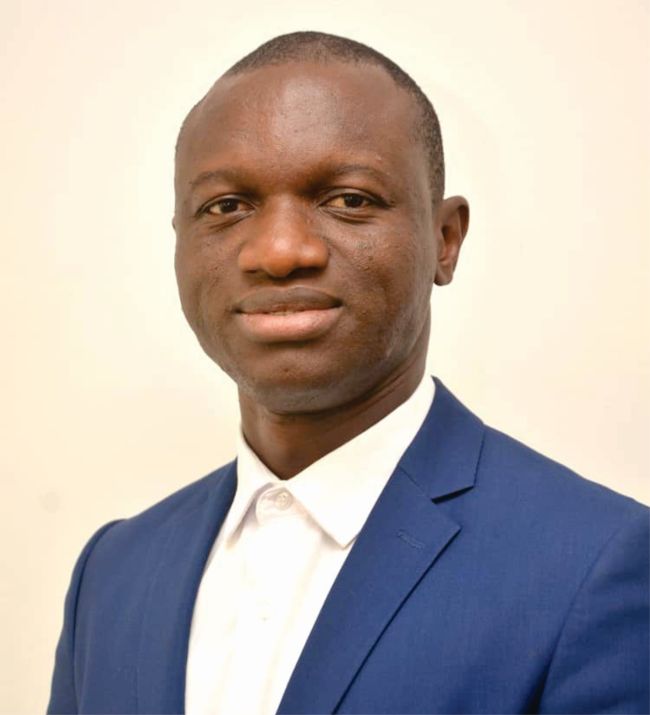United States President, Donald Trump, lost his re-election bid largely due to his mismanagement and undermining the power of effective and strategic communications in nation-building. He mismanaged communications around himself, his office and the nation.
What is strategic communications? Although the term is not new, scholars have only recently examined it as a cohesive paradigm. Hallahan et al. (2007) defines strategic communications as “the purposeful use of communications by an organisation to fulfil its mission.” Creating clear goals and understanding how a certain set of audience attitudes, reactions or perceptions will support a goal or policy from the government is what makes communications strategic.
In strategic communications, message development, or the process of creating key points or ideas, requires high level of planning and research. To engage strategic communications for nation-building, we should note that messages are targeted and deliberately orchestrated, as much as possible, to inspire, unite, provide clarity, give hope and connect with citizens by show of empathy to achieve government’s goals of improving the country for all.
Coming back to our discourse, Trump had every opportunity to ensure that the good works of his predecessor were sustained. He also had the choice to improve on his predecessor’s shortcomings and pursue his big ideas germane to his strategic policies to maintain the global appeal and reality of the United States as the greatest country on earth. On the contrary, however, he divided the country from the get-go with his actions, inactions and public comments. He literally became a sore sight to a lot of his compatriots and many people and countries.
His handling of the Coronavirus Disease outbreak was extremely poor, both in the pedestrian sense of communications and more importantly from a strategic point of crisis management. Rather than galvanise world leaders, as it is typical of the U.S. to lead in such a difficult time, Trump trivialised the issue with name-calling, tagging it the “China virus.” It didn’t matter whether he was right or wrong. The reality was that the crisis escalated, the healthcare system became overwhelmed, and lives were lost in hundreds of thousands. With better management and proactive decisions and actions, many more lives would have been saved.
Trump missed the opportunity to move at the speed of light as required by the extreme circumstances brought about by COVID-19. At the least, all the world needed was a simple message of hope from the greatest country in the world, a message that inspires and reassures people that the tough times will be over because everything possible within the limit of human capacity was being thrown at finding a lasting solution to the novel coronavirus. He could equally have urged people to follow the required health and safety protocols, including social distancing, wearing of face masks and hand-washing.
Take your mind back to how Trump abused the media on several occasions to make them feel less of themselves in the value they offer the world through their profession. No one does that without consequences, especially in a country built on the tenets of freedom of expression backed by the constitution. No, it is not possible.
Trump forgot that America was founded by people who left the oppressive governments in their original nations in search of a new one built on freedom and truth. Freedom and truth lie in how expressive the people can be in venting their anger on issues, no matter how dicey or sensitive they may be. To attempt to demean the tenets of America by abusing the media or anyone else, irrespective of colour, race, sex, culture and more, is sufficient for anyone to lose an election.
The America of today is a mixed country of races, cultures, colours, diversity of backgrounds and more. The unifying factor for everyone is freedom. The way to achieve that freedom is through the power of strategic communications that unites and inspires people to remember that irrespective of who they are, they are valued, recognised, appreciated and dignified. That is what it means to be an American. Each person complements the other, and without each other, there is no America. Therefore, anyone who must lead such a country must understand that strategic communications is a bridge to unify people, thereby empowering them to go through the thick and thin of life to succeed together, no matter how dire or complex the situation.
The flip side of Trump is the Obamas and the Clintons. They were not just good and well-intentioned; they were deliberate and strategic in using the tools of communication to engage the people. They inspired hope for the hopeless and their words were soothing to heal the broken-hearted, comfort people and make them believe that their dreams are valid and possible in the land of freedom called U.S.A. That pattern of behaviour and leadership might seem on the surface to be a natural flair for them. While there might be some sense of truth in that assertion, the reality is that there is a science to strategic communications. This is precisely why, across the world, there is consistent and deliberate attempt to understand the power of strategic communications in nation-building.
In fact, strategic communications played a major role in the making of President Barack Obama. Cast your mind back to one of the world’s best political campaigns in contemporary times in 2008, the ‘Yes We Can’. It was a movement, a force and an ideology whose time had come and could not be stopped. It led to the emergence of the first black President of the most powerful nation on earth.
Obama was not perfect as a President, neither was his Presidency. But one thing you cannot fault about him is his communications strategy, which he harnessed to unite and build bridges across partisan lines, race, colour, sex, age and class. Nothing beats his ability to connect to people in good and not-so-good times. I recall his eulogy at Rev. Clementa Pinckney’s funeral after the Charleston church shootings. That was a moment that cannot be forgotten in a hurry. When Obama seamlessly moved from his speech-making to singing ‘Amazing Grace’, he turned a moment of despair into that of hope, a moment of gloom into joy, with inspiration that a country where no one will be shot because of the colour of their skin is possible, and that the future is imminent, regardless of how long it will take.
May I take you back to the days of Bill Clinton, one of the greatest U.S. presidents of all times. Perhaps, little do people remember that Clinton had a major crisis of a private affair that could have ruined not just his Presidency but also his entire legacy as a person? But for the power of strategic communications that came through for him in one of the world’s most humongous crises ever managed. Not only did he survive the crisis, coming through with some scars, he is remembered more for the good impact he made in his time as the President of U.S. than for his imperfections.
I dare say that having the right communications strategy to lead as a president is fundamental to how far such a reign would succeed or otherwise. The role of strategic communications in nation-building cannot be over-emphasised, especially in a free nation.
Bringing this home, we clearly have not landed the best of communications strategy in our various tiers of government, especially around the Presidency. It is time to let our leaders know that strategic communications inspires, encourages and drives a people to support their leaders. How well-informed they are as a people will determine how far they mobilise their support for the leaders and vice versa.
For Nigeria, a country where the communications team of the leader chooses to be bullies and attackers of the people, rather than listeners to their yearnings, the managers ought to learn from the implosion of the Trump presidency. More importantly, they must understand that we have a long way to go as a nation on our journey to manifest our potential greatness as a nation. Having the right communications strategy that is planned, deliberate and orchestrated to give people hope, provide clarity on government policies and directions can leapfrog us towards our destination of greatness faster and better with minimised rancour.
I reinstate that strategic communications has a role to play in nation-building. The earlier we realised this and begin to work to make it a core element of governance and citizens engagements, the better for the good and progress of our dear nation, Nigeria.
* Adejumoh is a PR and Communications Strategist












